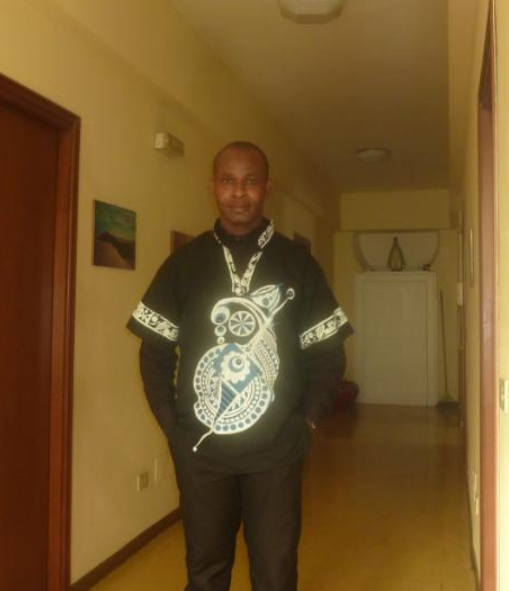Thirty-Second Sunday in Ordinary Time
First Reading: I kings 17: 10-16
Second Reading: Hebrews 9: 24-28
Gospel: Mark 12: 38-44
GENEROSITY WITH GOD AND NEIGHBOR
Last week the readings talked about love of God and neighbor. What is love of God and neighbor without generosity with God and neighbor? What is love without sacrifice? The first reading and the Gospel present us two widows as models of generosity. In the first reading, we have a widow of Zarephath. Zarephath is in Sidon. Sidon is the center of Baal worship. Baal is the god of storm. There was famine all over the region because it had not rained for over three years. The widow of Zarephath worshiped the god of storm but her prayers were not answered. Now she has only a little oil and flour to prepare her last meal, eat and then wait for death. She had lost all hope.
Suddenly, Elijah, prophet of the God of Israel shows up. He asks the widow for food. Although the entire region was suffering a severe famine, and she had a little barely enough for her and her son, she gave food to Elijah. She trusted in the promise of Elijah: jar of flour will not be spent and jug of oil will not fail until the rains come. That is exactly what happened. God rewarded her generosity more than a hundredfold. They ate for a whole year, Elijah raised her son from death and above all, she received the gift of faith. This woman teaches us that we do not need to have much to be able to share with others or be generous. You only need faith and love.
In the Gospel, we find Jesus seated in the temple watching the people put money into the treasury. Many rich people put in large sums and a widow came up and put in two small coins which make a few cents. Jesus pointed her out to His disciples and said, “Amen, I say to you, this poor widow put in more than all the other contributors to the treasury. For they have all contributed from their surplus wealth, but she, from her poverty, has contributed all she had, her whole livelihood.” From the human point of view, the widow’s offering is of minute importance, yet for Jesus is the most significant. What is most important in a gift is not the quantity but the love and the sacrifice involved in the giving. That is the true cost of the gift. From the human point of view, those rich people who donated from their abundance are the pillars of the Church, they build the Church. But for Jesus, this widow is the stuff by which the Church s built.
Jesus praises the generosity of the widow because she made a total gift of all she had to God. She gave herself. In praising this woman’s generosity, Jesus teaches us to value the disposition of the giver more than the gift. God does not look at the amount we give, He looks at the heart of the giver, He looks at the love and the sacrifice involved in the giving. She has earned the reputation through centuries as a good example of sacrificial giving. She teaches us to ask ourselves whether what we offer constitute a sacrifice on our own part or not. That is the kind of generosity that attracts God’s attention.
God rewards generosity far more than we can imagine. St John Vianney used to say, ‘a house of charity will never lack.’ In the Book of Tobit 4: 7 -11, we read, “do not turn your face away from the poor man and the face of God will not be turned away from you. if you have many possessions, make your gift from them in proportion; if few, do not be afraid to give according to the little you have. You will be laying up a food treasure for yourself against the day of necessity. For charity delivers from death and keeps you from entering he darkness….” Those who ignore it will not be able to escape the fate of the selfish rich man who was sent to hell for his indifference to Lazarus.
True generosity springs from a merciful heart and is the fruit of love. Jesus out of love, offered Himself for us totally on the cross. In the same way, Christians must offer themselves to the God and to those in any kind of need. The Lord is calling us to a life of generosity. It could be with our time, giving a helping hand or even being patient with the weak and the sick. We must be generous in contributing for the growth of the Church and support whatever good works that benefit the common good. The two widows in our readings today demonstrate to Christians of every age that we do not need a lot to be generous and our giving has to be sacrificial
Happy Sunday

Rev. Fr. Chidi Onwuka msscc
